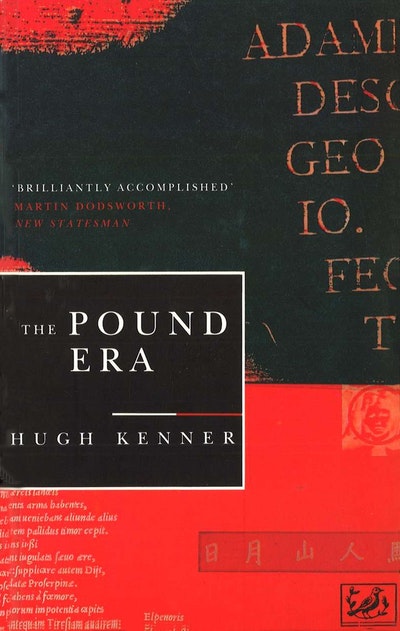The Pound Era
- Published: 30 June 2011
- ISBN: 9781446467749
- Imprint: Vintage Digital
- Format: EBook
- Pages: 606
Wonderfully successful... For all interested in the men of 1914 and their works The Pound Era is essential reading.
Walter Allen, Daily Telegraph
This is, in fact, several books at once: a critical discussion of Pound's poetry; an immensely learned investigation of its sources, ranging over Greek, Provençal and Chinese poetry; a biography of Pound and a sympathetic discussion of all the ideas that interested him during his long life; a series of essays on the parallel developments of Eliot, Joyce, Lewis and Williams; and a collection of photographs of the "sacred places" and artefacts that have been important to Pound and which he refers to in the Cantos... This remarkable book is full of information and revealing anecdote, and can be endlessly dipped into, like an encyclopedia.
Bernard Bergonzi, The Times Educational Supplement
Mr Kenner's study is not so much a book as a library, or better, a new kind of book in which biography, history and the analysis of literature are so harmoniously articulated that every page has a narrative sense... The Pound Era is a book to be read and reread and studied. For the student of modern letters it is a treasure, for the general reader it is one of the most interesting books he will ever pick up in a lifetime of reading.
Guy Davenport, National Review
One of the greatest critical books of the twentieth century... His criticism is demanding, yet it is open and available, without needless and pretentious obscurity. It moves fast, engaging with the literary intelligence on the run. It is a form of high scholarly entertainment, spiked with small pertinent narratives and with off-beat facts. He is the most readable of living critics, the one I should least like to be without.
C. K. Stead, The Times Literary Supplement



